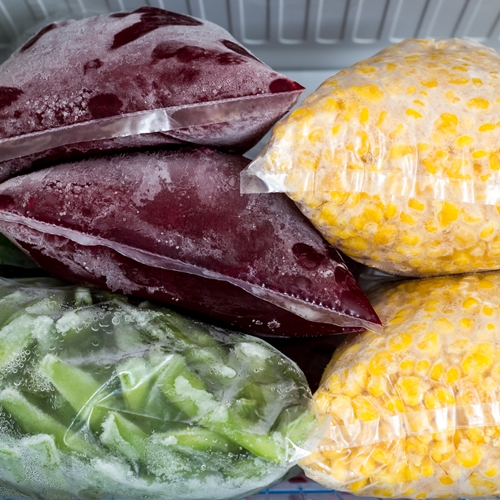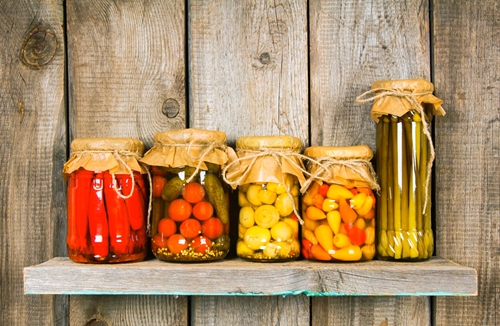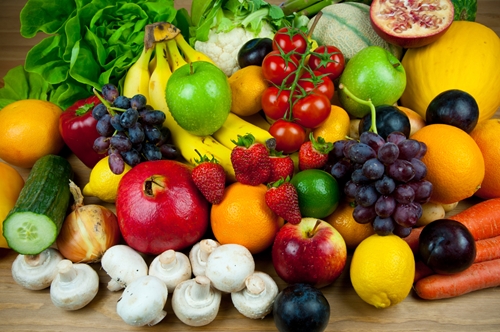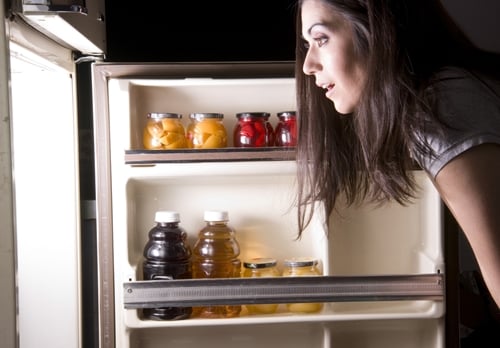
Love is Forever, but Food Isn't: 4 Foods that Don't Keep Well
- Food Waste
- 02/02/15
- Share
Food waste remains an important issue for many socially responsible chefs. While buying items in bulk can have a profound impact on your spending habits, certain purchases may not hold up well over time if they're not properly stored.
If you've purchased one of the following items, there are a few steps to keep in mind to ensure you get the most out of your food before it has a chance to go bad.
1. Fresh Fruit
When kept on the counter, fresh fruit will only last about a day - maybe two if covered. Transferring fruit to the fridge may extend its life by a few more days, as the cold temperatures may inhibit mold or bacteria from growing. Depending on the type of fruit, it may last longer when kept in a separate drawer or left in its original packaging. If you've purchased fruit in bundles or batches, it may be worth it to vacuum seal bigger portions to prevent large quantities from spoiling - this process can drastically extend the shelf life of your favorite fruits.
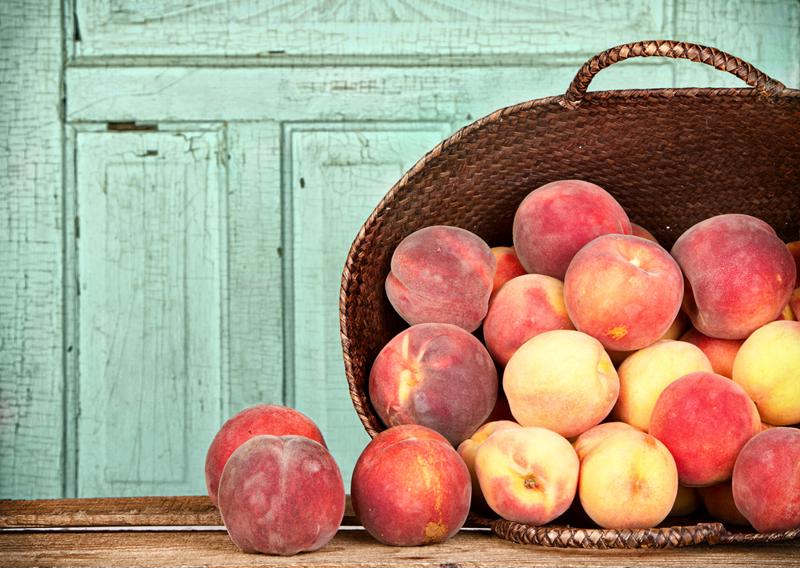
2. Recently Caught Venison
If you're looking to save cuts from your most recent hunting catch, you need to do it quickly after your trip. Like most fresh meat, venison goes bad quickly if not treated and cured in a timely manner. Many factors impact how quickly deer meat can become contaminated after being caught, including outside temperature, wounds, moisture and - most importantly - time. Preserve your catch immediately, then use a vacuum sealer to store individual cuts for the long haul.
3. Seafood
Most raw meats spoil quickly, but seafood - including fish and shrimp - goes bad much faster than other products. Because bacteria grow quickly on seafood, products become overrun in just a short period of time when not properly preserved. Storing your seafood in the fridge or freezer can hamper these harmful bacteria from taking over, especially when kept in airtight seals.

4. Bread
Depending on the brand, size and type of bread you've purchased, the "best by" date could vary drastically. Some loaves last weeks while others only last days, but when improperly stored, your bread may not even last hours. Air is one of the biggest enemies to fresh bread, as the particles can cause mold to ruin your loaf. Thankfully, bread freezes well, meaning you can take advantage of that buy-one-get-one sale by leaving extra loaves in the freezer. Keep it in an airtight environment to ensure no particles can impact its integrity.

